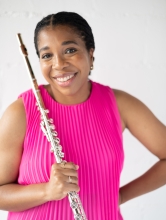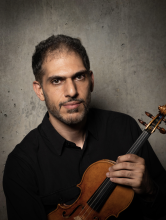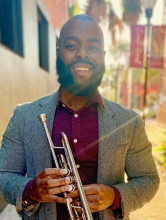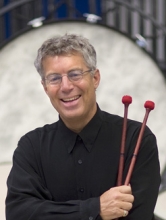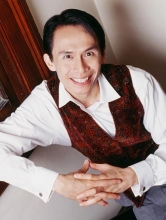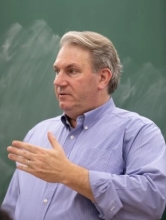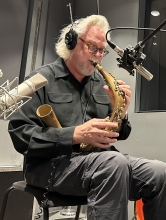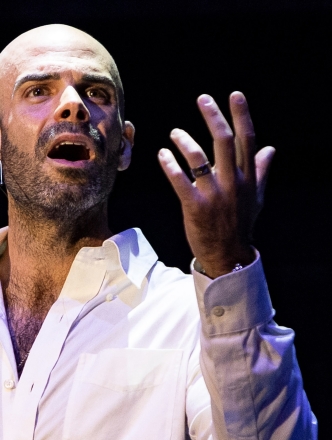
Prepare for an impactful career in music as an artist and educator. Steinhardt welcomes applications from performers with a passion for teaching and transdisciplinary research. The DMA offers a unique opportunity for personal, professional, and artistic growth. This degree is designed for individuals who have completed a master’s degree in music performance.
Request InfoDegree Details
Official Degree Title
NYU Steinhardt’s DMA prepares musicians to pursue careers in performance, scholarship, and teaching. Graduates of the doctoral program will refine their knowledge of:
- Music Literature and History
- Music Theory
- Pedagogy
- Performance Practice
- Repertoire
Graduates will be expected to display measurable and substantial growth in their applied area through rich experience in their applied area of study, culminating in a capstone project demonstrating expertise and exemplary research related to their field.
Unique to NYU Steinhardt's DMA, students also design a sub-specialization, working with their advisors and mentors in the following areas:
- Music Technology
- Music Business
- Performing Arts Administration
- Music Theory
- Screen Scoring
- Concert Composition
- Vocal Pedagogy
- Jazz Composition
The sub-specialization expands students’ knowledge base, enhances their leadership skills, and further prepares them to work and thrive in the music industry.
The program, available for full-time study only, is designed to take three years to complete.
Upon completion of the program, students will be able to:
- Demonstrate thorough and embodied knowledge of music literature, music theory, pedagogy, performance practice, and repertoire.
- Develop individualized interpretations of repertoire based upon their ability to synthesize their scholarship and knowledge of performance practice.
- Design, conduct, and communicate – in written and oral formats – scholarship related to their primary field of music performance.
- Effectively teach their instrument and courses that fall within the scope of music performance at the collegiate level to musicians from a variety of backgrounds and musical experiences.
- Gain substantial knowledge of a secondary field of study related to the music industry.
Accepting its first cohort in Fall 2024, the Doctor of Musical Arts in Musical Performance is a practice-based degree for those who intend to pursue faculty positions at the collegiate level or leadership positions in the music industry.
“One of the biggest differences between the DMA and the PhD is that DMA candidates are required to pursue a sub-specialization related to music performance, such as music technology, performing arts administration, or music business,” says Beroukhim. This multi-faceted approach gives DMA graduates holistic preparation for today's careers in the arts, in which performers take leadership roles at presenting organizations and performance venues, design cultural policies and curatorial strategies for arts organizations, and serve valuable roles, nationally and internationally, as educators, entrepreneurs, and cultural ambassadors.
In addition to sub-specialization courses, students will complete a final capstone project in lieu of a written dissertation, bringing together theory and practice, underscored by vibrant research.
DMA students are dedicated to refining their craft, taking two full years of private lessons and presenting three public, adjudicated recitals to demonstrate the skills, knowledge, and virtuosity they have developed, as well as to showcase varied repertoire.
The following focus areas are available:
- Brass Studies
- Jazz Studies
- Percussion Studies
- Piano Studies
- String Studies
- Vocal Performance
- Woodwind Studies
Faculty and Mentors
Questions
For more information, please contact MPAP Doctoral Studies.
Take the Next Step
Advance your personal and professional journey – apply to join our community of students.
Apply Now

